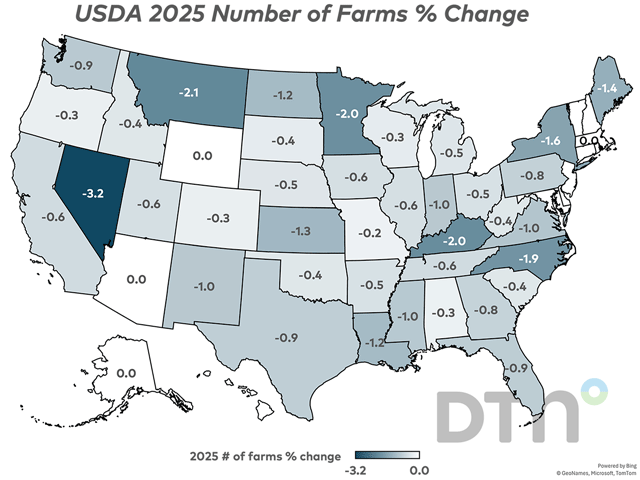Fire Crews Close in Around New Mexico Wildfire
LAS VEGAS, N.M. (AP) -- Firefighters in New Mexico took advantage of diminished winds Thursday to build more fire lines and clear combustible brush near homes close to the fringes of the largest wildfire burning in the U.S. They did so ahead of what is expected to be several consecutive days of intense hot, dry and extremely windy weather that could fan the blaze.
"Today, the conditions were kind of moderated," Dan Pearson, a fire behavior analyst, said during a largely hopeful evening update by the U.S. Forest Service and law enforcement officials. "And tomorrow is going to be another good day."
But Pearson warned that starting Saturday, clear skies will bring more intense solar heat accompanied by 30 mph (48 kph) winds with days of high winds to follow.
The fire has marched across 258 square miles (669 square kilometers) of high alpine forest and grasslands at the southern tip of the Rocky Mountains, destroying dozens of homes and prompting evacuations for thousands of families, many of whom have called the Sangre de Cristo Mountains home since their Spanish ancestors first settled the region centuries ago.
President Joe Biden approved a disaster declaration that brings new financial resources to the areas devastated by fire since early April. The aid includes grants for temporary housing and low-cost loans to cover uninsured property losses and other relief programs for people and businesses.
P[L1] D[0x0] M[300x250] OOP[F] ADUNIT[] T[]
Gov. Michelle Lujan Grisham traveled through northern New Mexico Wednesday and Thursday to survey the damage and chat with affected residents at a humanitarian kitchen, an evacuation shelter and an elementary school.
The start of the conflagration has been traced in part to a preventive fire initiated by the U.S. Forest Service to reduce flammable vegetation. The blaze escaped control, merging with another wildfire of unknown origin.
U.S. Rep. Teresa Leger Fernndez, who accompanied Lujan on a helicopter flight to view affected areas and meet with fire officials, on Thursday pressed a top Forest Service official to fully investigate the decision to start the "controlled burn" and disclose whether the agency considered the effects of climate change and a mega-drought afflicting western states.
"What protocols or controls were in place to make sure a controlled burn does not get out of hand? Did the U.S. Forest Service follow these protocols," the congresswoman wrote to Forest Service Chief Randy Moore.
Evacuations that have now lasted weeks have taken a physical and emotional toll on residents. Classes were canceled at area schools for the week, some businesses in the small northeastern city of Las Vegas have closed due to staff shortages and some customers of the electric cooperative that serves surrounding areas have had no power for weeks.
San Miguel County Sheriff Chris Lopez said firetrucks, a fleet of aircraft and other equipment have been brought in to the area to corral the flames and "we're ready for anything that does come."
But it's still too soon to let people return to outlying areas that burned earlier because there are pockets of unburned brush and trees that can serve as fuel for the blaze within the fire's perimeter.
"We've come to this crossroads on a few different occasions, where we were feeling good about it and we come up to a wind event and it hasn't went as planned," Lopez said.
Relatively calm and cool weather in recent days has helped firefighters to keep the fire in check around its shifting fronts.
Bulldozers scraped more fire lines Thursday while crews conducted controlled burning to clear vegetation and prevent it from igniting. Aircraft also dropped more fire retardant in preparation for the heavy winds predicted this weekend.
Gusts up to 45 mph (72 kph) are expected Saturday afternoon along with above-normal temperatures and "abysmally low" humidity that make for extreme fire danger, said Todd Shoemake, a National Weather Service meteorologist in Albuquerque. "Sunday and Monday are probably looking to be even worse."
Nearly 1,300 firefighters and other personnel were assigned to fight the fire, while about 2,000 wildland firefighters are battling other blazes elsewhere in New Mexico and around the U.S.
Officials at Los Alamos National Laboratory were warily tracking another wildfire that crept within about 5 miles (8 kilometers) of facilities at the U.S. nuclear research complex.
Wildfires have become a year-round threat in the drought-stricken West -- moving faster and burning hotter than ever due to climate change, according to scientists and fire experts. Fire officials also point to overgrown areas where vegetation can worsen wildfire conditions.



